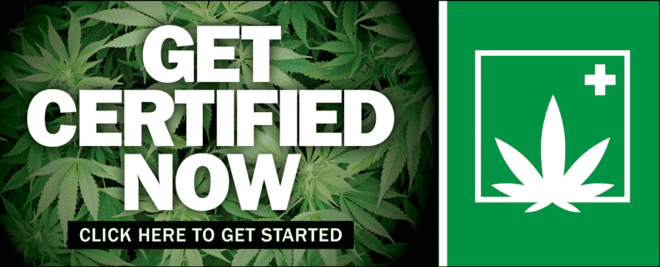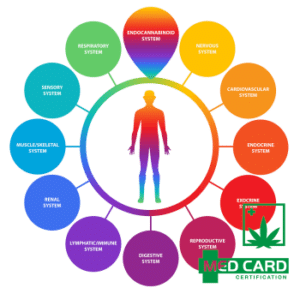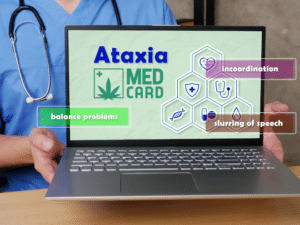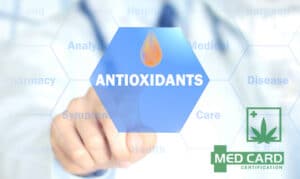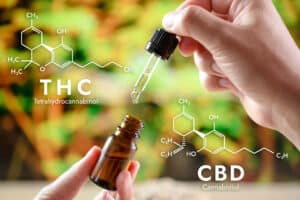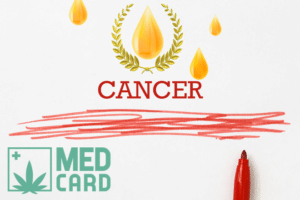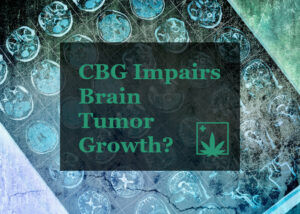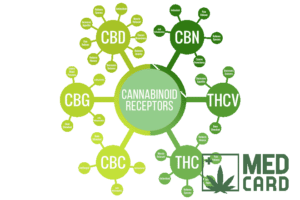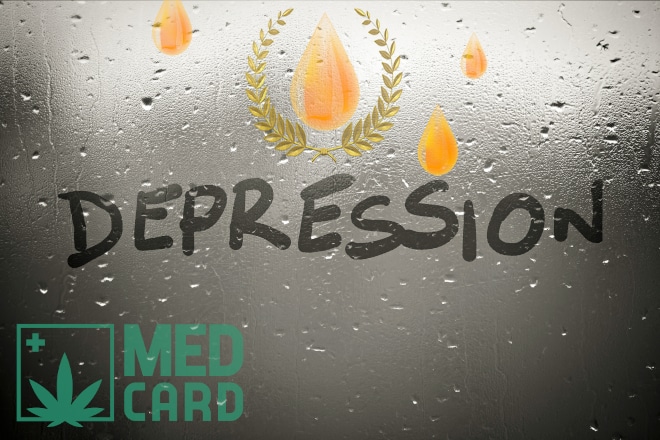
CBD’s Antidepressant Properties: Benefits and Effects
- Hemp CBD oil offers safe and effective antidepressant properties
- How CBD acts as an antidepressant
- Studies on CBD’s antidepressant properties
- Best CBD products for depression
Treating depression with Cannabidiol
Hemp-derived CBD is fast becoming the go-to natural remedy for depression. It’s safe and offers effective relief for many patients suffering from depression. And unlike marijuana-derived products containing the intoxicating compound THC, hemp CBD oil can be purchased online without a medical marijuana card.
In modern times, depression — also called clinical depression or major depressive disorder — has become endemic, affecting more than 300 million people around the globe. As the Coronavirus pandemic continues to claim millions of victims worldwide, clinical depression appears to be at an all-time high.
Feelings of sadness are a normal response to shocking events, loss, and disaster. Clinical depression, however, is not something that can be fixed with a walk in the park or a nice hot bath.
On occasion, clinical depression can clear up on its own, but in most cases, professional help is required. Left untreated, depression can deeply impact a patient’s home and work life. In some instances, the condition can spiral out of control causing suicidal thoughts.
Unfortunately, many standard medications for depression come with a host of unpleasant side effects and can be habit-forming. Oftentimes patients who start taking antidepressants end up taking them for life. Hemp-derived CBD oil is non-addictive and non-toxic. It can be used whenever the need arises without the need to wean off of it.
In this article, we’ll discuss how CBD oil helps with depression, and list the best CBD products for treating depression. We’ll also explore how CBD can simultaneously relieve a number of other conditions such as intestinal distress, insomnia, lack of appetite, and pain.
What causes depression?
Clinical depression is generally attributed to abnormally low levels of a brain chemical known as “serotonin” — also sometimes referred to as the “bliss molecule.” Low levels of serotonin can be triggered by sudden, shocking events, long-term illness, chronic insomnia, and even an imbalance in intestinal flora.
Chemical changes in the body due to hormonal shifts caused by menopause and puberty may also produce periods of depression. Severe intestinal issues related to IBS, Crohn’s disease, and colitis can trigger depressive episodes.
Depression is commonly characterized by a significant loss of interest in pleasurable activities. If this state of mind continues for a two-week period or longer, it can induce low self-esteem, loss of appetite, inability to concentrate, suicidal thoughts, and insomnia.
As we mentioned earlier, traditional medications for depression, although initially helpful, can, over time cause other problems such as lethargy, mood swings, psychotic breaks, weight gain, and brain fog to name a few.
Let’s take a deeper look at depression and also delve into some of the research on CBD for depression.
Decades Of Medical Marijuana utilization
CBD (cannabidiol) is part of a family of compounds known as cannabinoids. Our bodies also produce cannabinoids. Those produced by our bodies are known as endocannabinoids, while those produced in plants such as cannabis are known as phytocannabinoids.
Endocannabinoids are part of the human endocannabinoid system (ECS) — a system of neurochemicals and receptors on the surface of cells with which those chemicals interact. Endocannabinoids relay instructions to individual cells in order to change their behaviors. Phytocannabinoids can act very much like endocannabinoids bringing balance back to a dysfunctional ECS.
In recent years, researchers have unearthed some fascinating connections between the ECS and depression.
The production and update of serotonin are modulated by the release of an endocannabinoid called anandamide. Research shows that CBD mimics the effects of anandamide to increase the production of serotonin in the brain.
Another neurotransmitter called norepinephrine has mood-altering abilities similar to adrenaline, a substance released when we are stressed or excited. Studies have revealed a connection between chronic pain and depression. Both are deeply affected by a lack of norepinephrine and serotonin. In some patients, CBD may offer relief from both pain and depression.
Studies on CBDs antidepressant properties
There have been a number of controlled studies conducted in the past couple of decades on the antidepressant qualities offered by CBD. This research has been both enlightening and encouraging.
A publication from 2009 titled “The endocannabinoid system and the treatment of mood and anxiety disorders,” culminated in a unanimous conclusion by the researchers who stated:
“A growing body of evidence unequivocally demonstrates that deficits in endocannabinoid signaling may result in depressive and anxiogenic behavioral responses, while pharmacological augmentation of endocannabinoid signaling can produce both an antidepressant and anxiolytic behavioral responses… Collectively, both clinical and preclinical data argue that cannabinoid receptor signaling may be a realistic target in the development of a novel class of agent for the pharmacotherapy of mood and anxiety disorders.”
Another study from 2010 titled “Antidepressant-like effects of cannabidiol in mice: possible involvement of 5-HT1A receptors,” showed improvements in anxiety and depression tendencies when the mice were subjected to a monitored, forced swimming test. The mice also indicated reduced immobility time during the swimming test. The general consensus amongst the researchers was “CBD induces antidepressant-like effects comparable to those of imipramine.”
There was also a 2014 study examining CBD’s mood-altering abilities titled “Antidepressant-like and anxiolytic-like effects of cannabidiol: a chemical compound of Cannabis sativa.” This study examined genetically modified mice, engineered to have depressive tendencies. The mice were administered CBD and ultimately showed a significant reduction in depression and anxiety.
And finally, The Brightfield Group, in conjunction with HelloMC.com, surveyed 2,400 individuals about their use of CBD. The research confirmed that patients who used CBD to treat their chronic depression were far more likely to cease taking their standard medical treatments.
The survey also determined that CBD was mostly used to treat depression, anxiety, insomnia, and joint pain. Eighty percent of the participants reported great satisfaction with CBD and they found it to be “very or extremely effective.”
Dr. Solomon, the lead researcher in the study, wrote: “This landmark survey, in terms of its size and depth, shows the tremendous value that these [CBD oil] products have for patients.”
How CBD is used to treat depression
Today, hemp CBD products come in an array of formulas and delivery methods. Here are the most popular CBD products for treating depression:
- Smoking CBD-rich hemp flower is probably the fastest way to find relief from depression and anxiety, as the cannabinoids enter the bloodstream almost immediately. Smoking, however, is not advisable for those with health issues as it can cause conditions such as chronic bronchitis and high blood pressure.
- Vaping CBD flower or CBD oil is also a fast and efficient way to relieve depression, but it is only marginally safer than smoking flower and can also cause respiratory problems and high blood pressure.
- CBD-infused edibles are a practical way to consume cannabinoids. The benefits of edibles, although long-lasting, may take up to 90 minutes to take effect when eaten with food. However, onset time can be as quick as 15 minutes when eaten on an empty stomach.
- CBD tinctures, oils, and capsules are all excellent options for treating depression. Tinctures and oils come in a glass bottle with a precise measuring dropper for easy, accurate dosing. Taken under the tongue, tinctures enter the bloodstream rapidly and have an almost immediate effect. Capsules are also a good option for those who can’t stand the taste of the liquid form of medication. However, capsules have a slower onset time, especially when taken with food.
- Transdermal CBD patches are easy to use and can be applied to the skin for sustained, time-released relief. Patches are easy to use and discreet. Some types of patches can be cut in half if necessary to adjust the dosage.
Best CBD-rich cannabis strains for depression
There are several cannabis strains that are high in CBD. Those that contain less than 0.3 percent THC are considered to be hemp and can be purchased outside of marijuana dispensaries. Those with higher levels of THC can only be purchased at dispensaries.
Terpenes are another set of active compounds produced in cannabis flowers that give different strains their distinct aromas and flavors. Terpenes are believed to play a role in distinguishing the medicinal effects of different cannabis strains. Some terpenes have powerful anti-depressant qualities that work in tandem with CBD and other cannabinoids to help relieve depression.
- Caryophyllene is one of the terpenes commonly found in various strains of CBD-rich hemp. Caryophyllene is also found in cloves, cinnamon, and black pepper, giving them their musky, earthy, spicy aroma. This terpene is known to be a great stress-buster that can induce a state of calm in the mind and body.
- Limonene is naturally occurring in lemon rind, orange rind, and juniper. It smells like citrus. It can be a helpful mood booster, energizer, and helps combat anxiety.
- Linalool is another terpene also widely known to invoke a sense of calm and well-being. Its warm scents of lavender, rosewood, birch, and citrus have a sedative effect. Linalool is also abundant in CBD-rich hemp strains.
Conclusion
CBD products are quickly becoming part of the alternative healthcare arsenal. CBD is now readily available both online and in retail shops across the nation and is gaining a well-deserved, positive reputation for numerous medical benefits.
Millions of individuals are finding relief from chronic depression and anxiety with this healing herb and many end up gradually phasing out pharmaceutical medications. This trend will continue as more people seek holistic treatment for total healing, as opposed to merely treating symptoms with toxic, often addictive pharmaceuticals.

Sign Up for Medical Cannabis Today!
For potential patients, if you’re ready, we make it easy to connect with a medical marijuana doctor nearby or online. If you are interested in getting certified, please fill out the MMJ patient registration form below and press submit to get started. See if you qualify today!

MedCard Registration Form


Medical Marijuana Links:
Sources and additional reading:
- World Health Organization – Depression Fact Sheet
- Survey: Nearly Half Of People Who Use Cannabidiol Products Stop Taking Traditional Medicines
- Antidepressant-like and anxiolytic-like effects of cannabidiol: a chemical compound of Cannabis sativa
- The endocannabinoid system and the treatment of mood and depression disorders
- Endocannabinoid signaling in the etiology and treatment of major depressive illness
- Antidepressant-like effects of cannabidiol in mice: Possible involvement of 5-HT1A receptors




